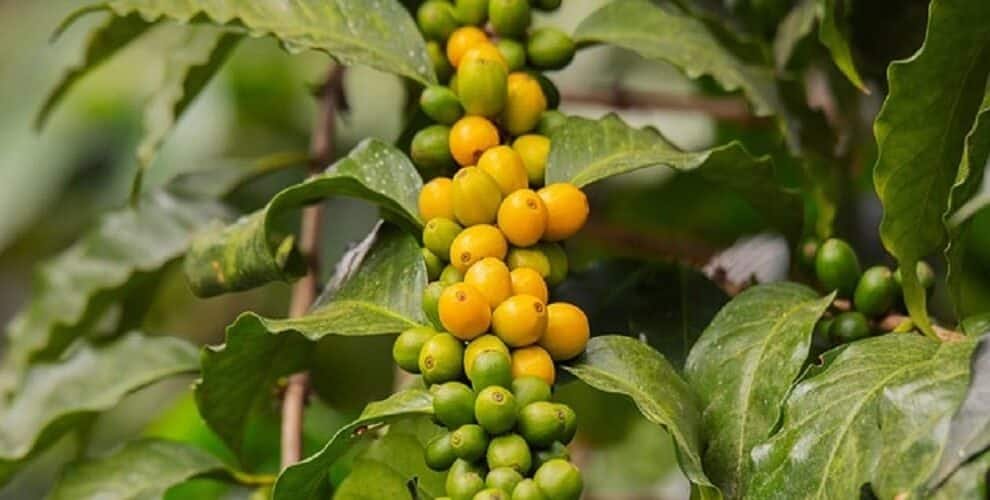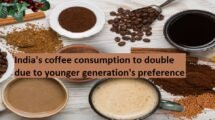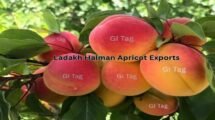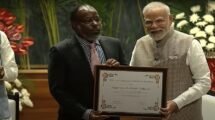Commodities traders are rushing to bring in as much Brazilian coffee as possible to the United States before a new 50% tariff on Brazilian products takes effect on August 1, as announced by the Trump administration.
New data shows that U.S. consumer prices rose in June, partly due to costs from the new tariffs being passed on to consumers—including coffee drinkers.
To avoid the steep tariff, some traders are rerouting ships mid-journey, canceling planned stops at other ports to ensure containers of Brazilian coffee reach the U.S. before the deadline.
Diverted Shipments and Stock Reallocations
Other traders are shifting existing coffee inventories originally destined for Canada or Mexico to the U.S. market. Meanwhile, U.S. importers have already updated their wholesale prices to reflect the 50% tariff for any shipment arriving after August 1.
“We redirected some freight to land in the U.S. earlier—cargo that was supposed to take a longer route,” said Jeff Bernstein, managing director at RGC Coffee. “But for some shipments, we couldn’t speed up the process.”
Unfortunately, there are no workarounds for shipments that haven’t yet left Brazil. Also Read | India’s Coffee Exports to the US May Be Hit by 26% Tariff, Say Exporters
Brazil: A Key Coffee Supplier
Brazil provides around one-third of the coffee consumed in the U.S., serving both as a single origin and a key component in many blends. In contrast, the U.S. produces only about 1% of the coffee it consumes.
Coffee prices in the U.S. have already surged following a 70% market spike last year due to production shortages.
Importers Warn of Price Hikes
If the 50% tariff is enforced, importers say consumers can expect another wave of price increases.
“This is essentially a tax hurting American businesses—not Brazil or President Lula,” said Steve Walter Thomas, CEO of Lucatelli Coffee, a U.S.-based importer. “This tariff poses an existential threat to companies like mine.”
Brazilian coffee cooperative Expocacer, which increased its U.S. sales by 15% last year, said contracts for deliveries after August 1 cannot be renegotiated.
“This is a tax imposed by the importing country, so the U.S. importer must pay it—and likely pass it on to consumers,” said Expocacer President Simao Pedro de Lima. He also noted that no new export deals have been signed with U.S. buyers since the tariff announcement.
Global Coffee Trade to Be Reshaped
Traders say if the tariff remains in place, global coffee trade patterns will shift. Brazilian beans may be redirected to Europe and Asia, while the U.S. will need to increase imports from Africa, Central America, and South America. This shift won’t be easy and will likely increase costs for U.S. importers.
One trader, who requested anonymity, said Brazilian coffee makes up a significant portion of the blends sold by Dunkin’ Donuts, Tim Hortons, and is also widely used by Starbucks. None of the companies responded to requests for comment.
The U.S. National Coffee Association also declined to comment on the tariff but emphasized that “coffee is a fixture in Americans’ daily lives and the U.S. economy,” noting that two-thirds of American adults drink coffee daily. The association has asked the Trump administration to exempt coffee from the new tariffs.


















Add Comment